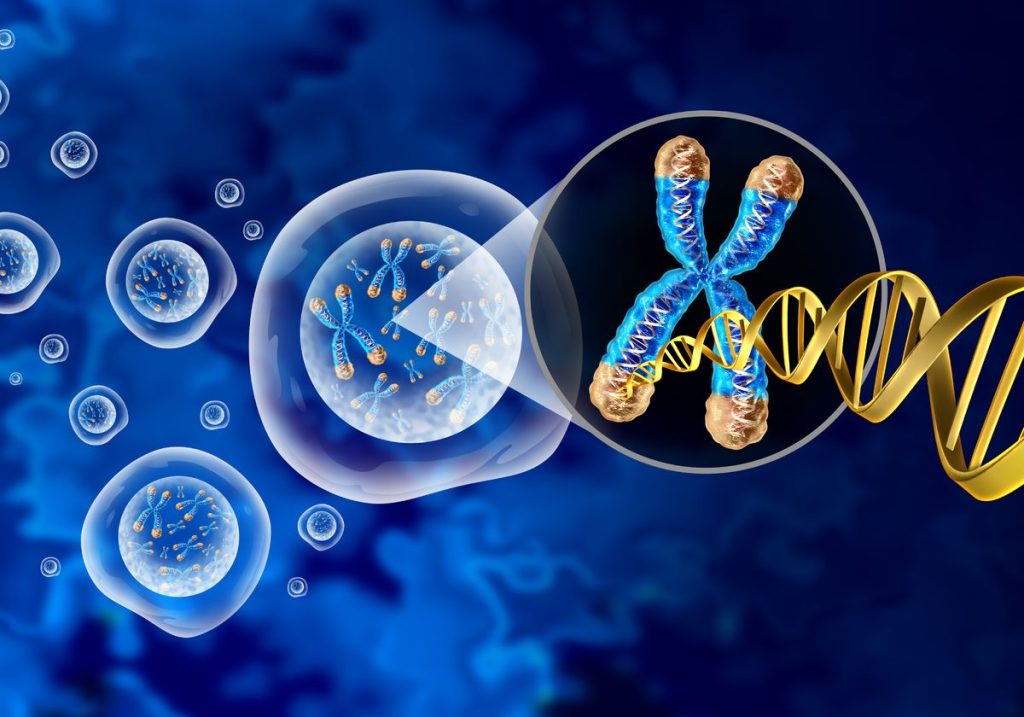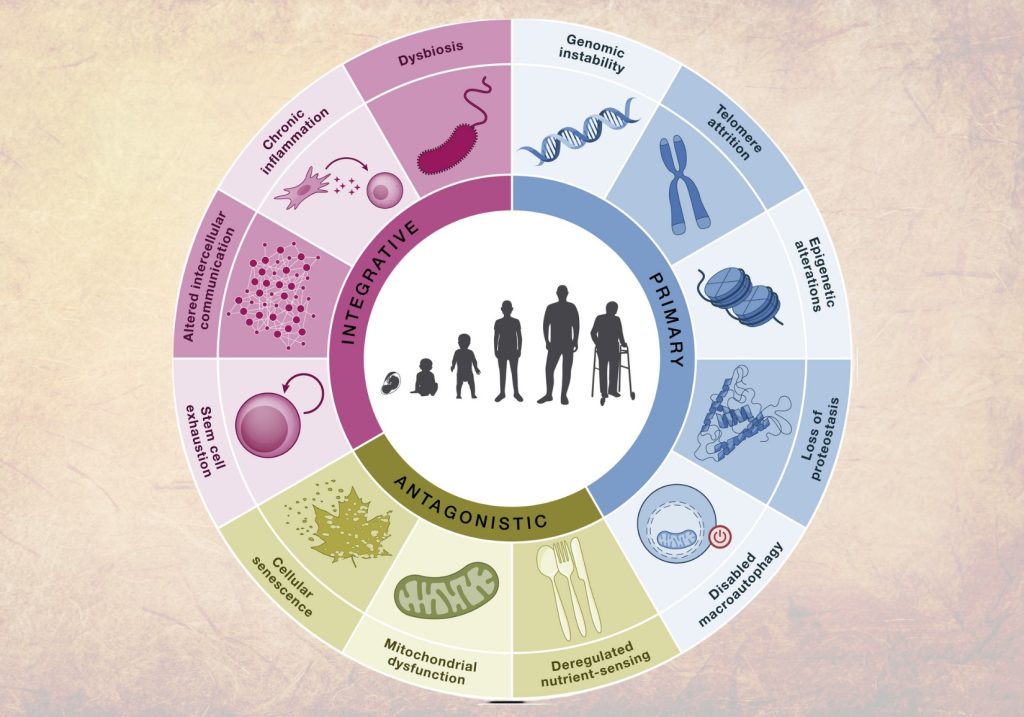#3 Biohacking for Longevity – proven strategies

Next up, let’s explore on the proven strategies of biohacking and how does it work for longevity by Dr Wong.
Longevity isn’t just about living longer, it’s about living better. Biohacking is the science based practice of optimizing health through lifestyle, nutrition, and technology to enhance vitality and extend lifespan. Here are some of the most effective, research-supported biohacking methods for longevity.
1. Optimizing Mitochondrial Function
Mitochondria, the energy powerhouses of our cells, play a critical role in aging. Research suggests that mitochondrial dysfunction contributes to age-related diseases (1). Strategies like intermittent fasting, exercise, and supplements like PQQ, CoQ10 alpha-lipoic acid and others can support mitochondrial health and improve energy metabolism (2,3).
2. Intermittent Fasting & Caloric Restriction
Studies on caloric restriction and short term intermittent fasting show significant benefits for longevity. Fasting triggers autophagy, the body’s natural cell-cleaning process, which helps remove damaged cells and improve metabolic efficiency (4). The 16:8 method or periodic fasting can enhance insulin sensitivity and promote cellular repair. However, if you have gastric or diabetes on medications, this may not be a suitable option, and alternative dietary strategies should be considered.
3. Sleep Optimization
Sleep is essential for brain function, immune regulation, and hormone balance. Poor sleep is linked to accelerated aging and chronic diseases (5). Quality sleep enhances memory consolidation, supports cellular repair, and regulates key longevity-related hormones like growth hormone and cortisol. Prioritizing sleep hygiene, consistent sleep schedules, reducing blue light exposure, and creating a restful environment plays a crucial role in biohacking.
4. reducing Inflammation
Chronic inflammation is a major driver of aging and disease (6). Anti-inflammatory diets rich in polyphenols, omega-3 fatty acids, and antioxidants help combat oxidative stress. Foods like turmeric, green tea, fatty fish, and dark leafy greens have been shown to reduce inflammation and support cellular health (7).
5. Controlled Stressors for biohacking
Mild stressors, like cold exposure, heat therapy (saunas), and high-intensity exercise, activate cellular repair mechanisms and enhance resilience (8). This concept, known as hormesis, has been linked to improved metabolic health.
6. Precision Supplementation
While diet is foundational, certain nutrients play a key role in longevity. Nutraceutical compounds like polyphenols, antioxidants help support cellular function and combat oxidative stress. A functional medicine approach tailors nutrition strategies to individual needs based on lab biomarkers and overall health status.
7. Mind-Body-Soul: Stress Reduction and Mental Well-being
Chronic stress accelerates aging by shortening telomeres, the protective ends of our DNA (9). Mindfulness, meditation, and breathwork help regulate the nervous system, lower cortisol levels, and promote longevity.
Longevity isn’t about a single hack, it’s about making small, consistent choices that add up over time.
References
(5) Walker, M., 2017. Why We Sleep: Unlocking the Power of Sleep and Dreams.


